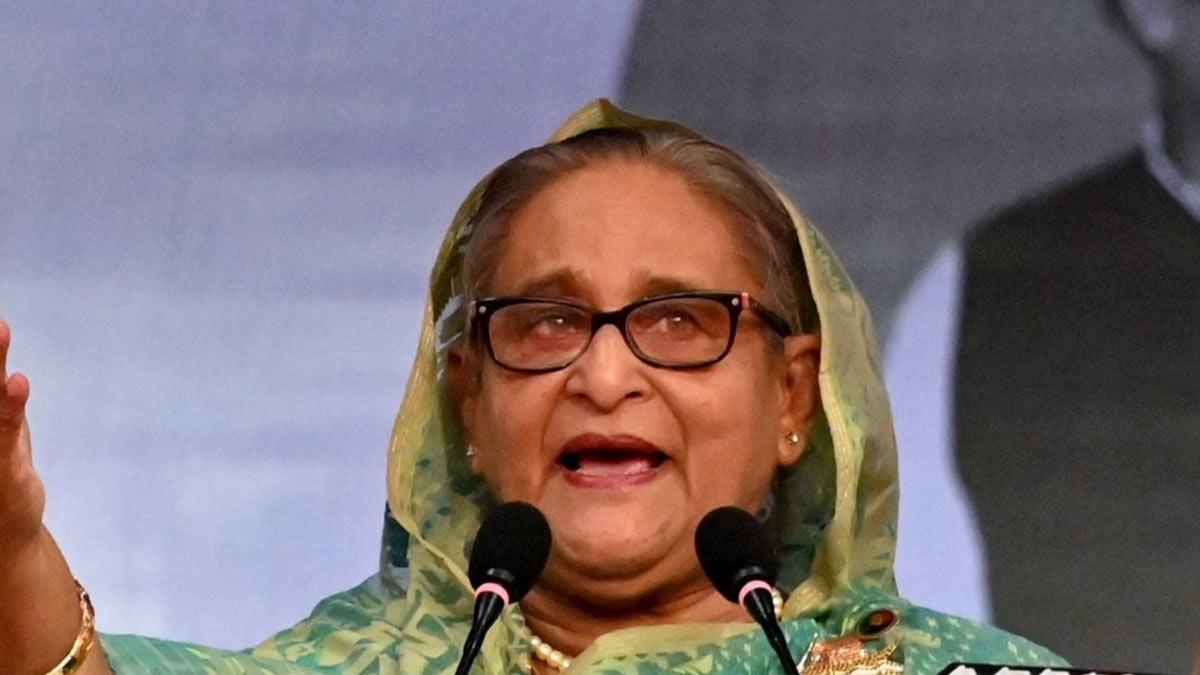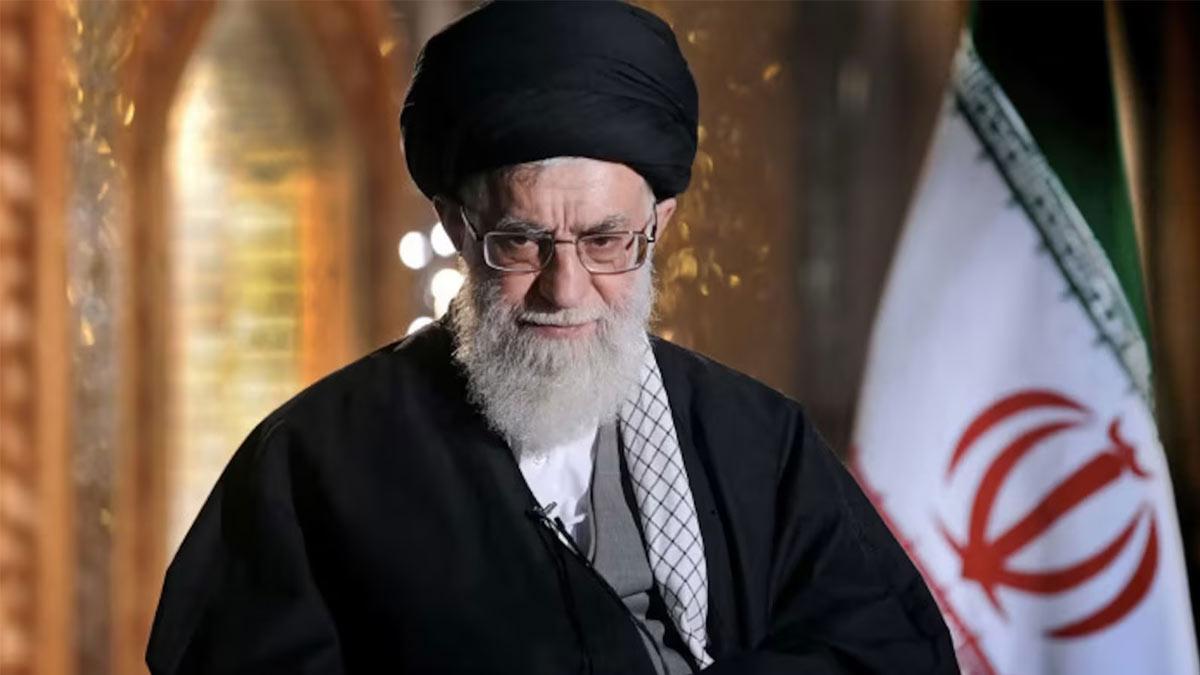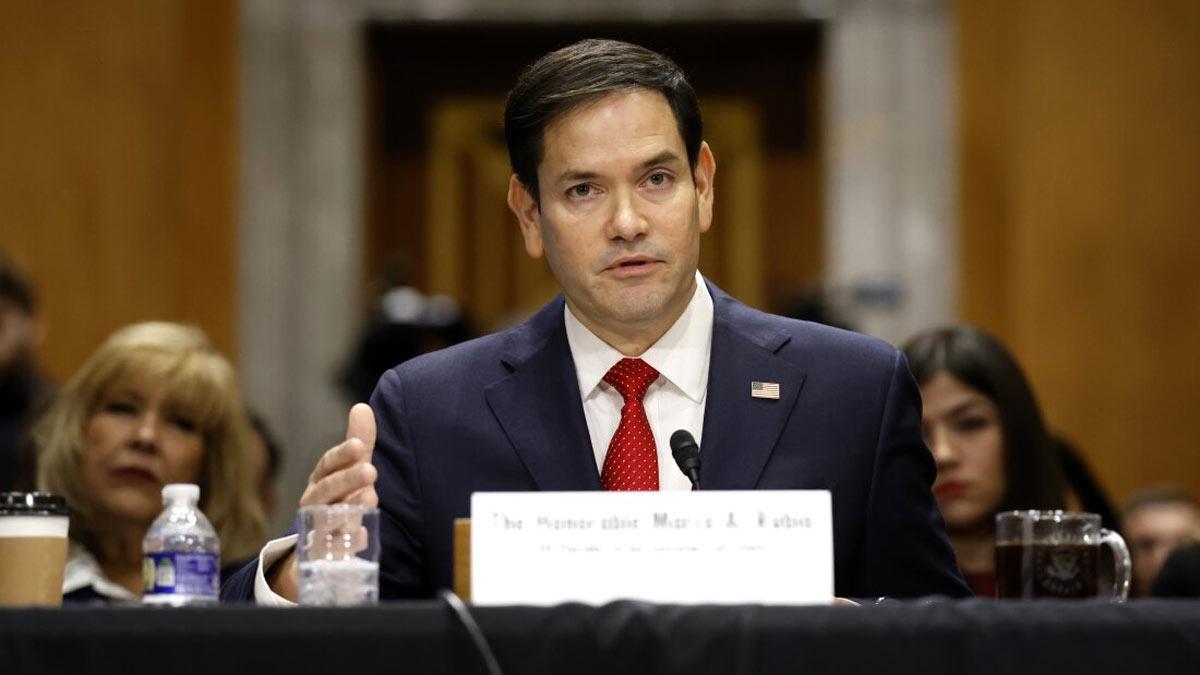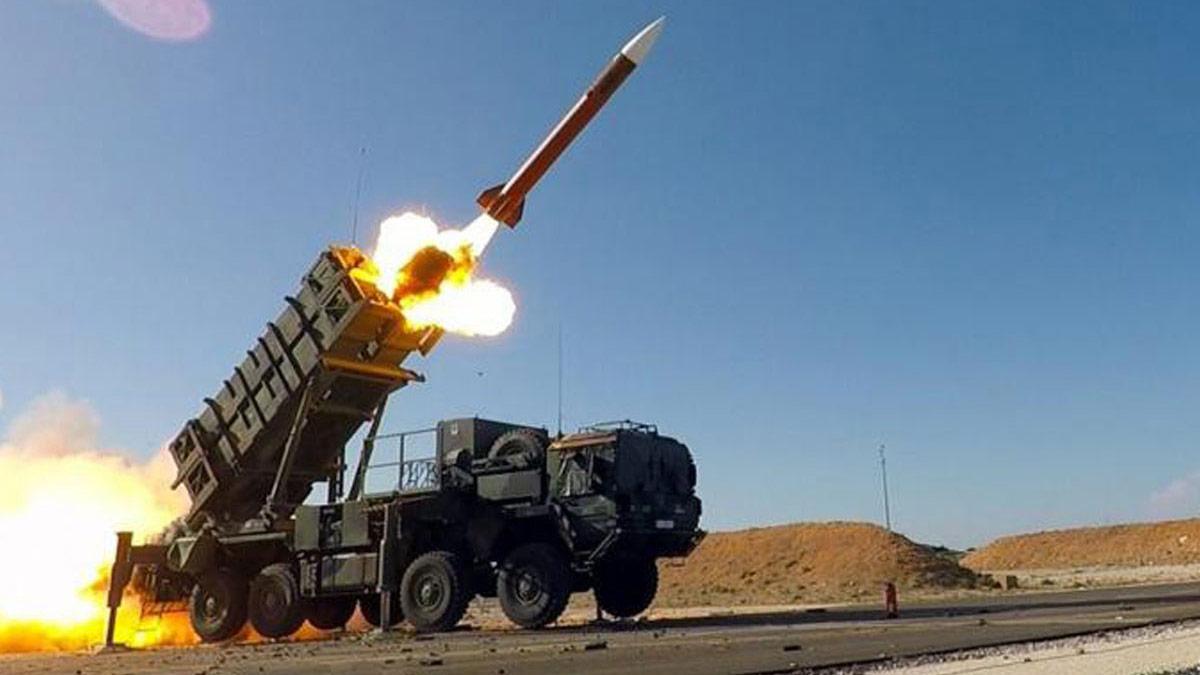Bangladesh's interim government Wednesday lifted a ban on the rightwing Jamaat-e-Islami and its student wing Islami Chhatra Shibir, less than a month after it was outlawed by former prime minister Sheikh Hasina.
"It (lifting the ban) will come under effect immediately," the Home Ministry said in a gazette notification, noting that there was no particular evidence against the organisation.
The earlier Awami League government led by Hasina banned Jamaat on 1 August 2024, accusing the Islamist party of being a "militant and terrorist" organization. The then-government blamed the student wing of Jamaat for creating chaos against a quota system for government jobs.
Welcoming the interim government decision, Ameer of Bangladesh Jamaat-e-Islami Shafiqur Rahman called for putting an end to the politics of hatred and division in Bangladesh.
We want politics of hatred buried…not rise again. We want politics of division buried, he told journalists.
We want the nation to be united in all cases; we don't support division over any issue," said Rahman. He said a ban was imposed on Jamaat-e-Islami and its student wing, Chhatra Shibir, as a deliberate effort to divert people's attention away from the anti-government movement.
The government issued a notification saying that the ban, under the Anti-Terrorism Act 2009, has been withdrawn as there was no specific evidence against the organisation. The government was of the opinion that the Jamaat and its associate bodies, including its student front Chhatra Shibir, were not involved in terrorist activities and violence.
The decision, issued as a gazette notification on Wednesday, represents a significant departure from the decision reached by the erstwhile Awami League government earlier this month, just days before its ouster.
It came a day after the Attorney General Mohammad Asaduzzaman called for the High Court to summarily reject a writ petition seeking an order on the government to ban the Awami League of Hasina as a political party and scratch off its registration.
"The current interim government has no intention to ban any political organisation," the government's top law officer told a two-judge High Court bench, which set August 29 for its decision on the writ filed by one Sarda Society as a public interest litigation.
Asif Nazrul, the law adviser of the interim government, a ministerial position, told reporters here on Wednesday that he was against the call to ban Awami League or any other political parties unless there was any strong evidence of involvement with terrorist activities.
"Awami League is the party which led Bangladesh's independence movement and contributed to different democratic movements. But what they did in the past 15 years does not go with their heritage, the spirit of the Liberation War," Nazrul said.
He said the party had established the "most barbaric fascism" in Bangladesh's history for which someone might have individual or its leaders might have collective responsibility "but I don't think it will be a wise decision to ban it as a political party".
Secretary General of ex-premier Khaleda Zia's Bangladesh Nationalist Party (BNP) Mirza Fakhrul Islam Alamgir said, "Everybody should have the right to form an independent political party and that is the essence of democracy.".
"We are not for the ban of any political party, any party and anybody has the right to form an independent party. But they must be on the side of freedom and sovereignty. Those who do not believe in freedom can't be supported," he said at a media briefing on Tuesday.
No senior leader of the ruling Awami League, which ran the country for the past 15 years, is seen in the public domain while several ministers of Hasina's cabinet were arrested, on the run or believed to have fled the country since the ouster of the regime.
The Jamaat opposed Bangladesh's 1971 independence from Pakistan and sided with the Pakistani troops during the Liberation War.
The Jamaat, which was formed in 1941 in undivided India, was banned first in 1972, the year Bangladesh framed its Constitution disbanding the functioning of any association, union or political party based on religion.
But the subsequent martial law government led by General Ziaur Rahman lifted the ban through a martial law proclamation and allowed Jamaat to refloat, which years later emerged as an important ally of the then prime minister Khaleda Zia's 2001-2006 four-party alliance government. Two senior Jamaat leaders entered her cabinet.
Though the court verdicts nullified its registration, Jamaat continued to remain operational after the court banned it from taking part in elections.
Read also | Germany Stabbing: Chancellor Scholz Promises Action Against Illegal Immigrants
Read also| Bangladesh Interim Government Opposes Ban on Political Parties, AG Informs Court


















